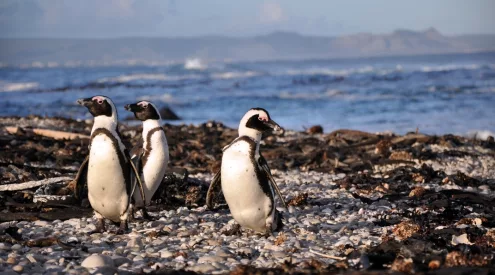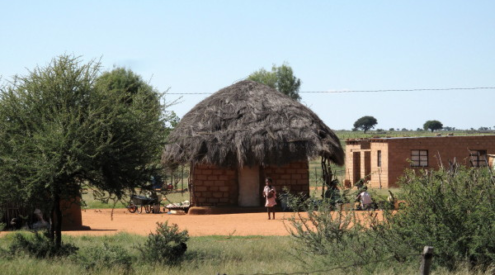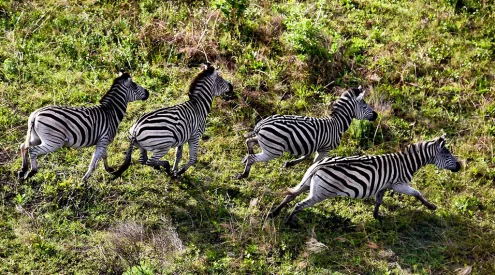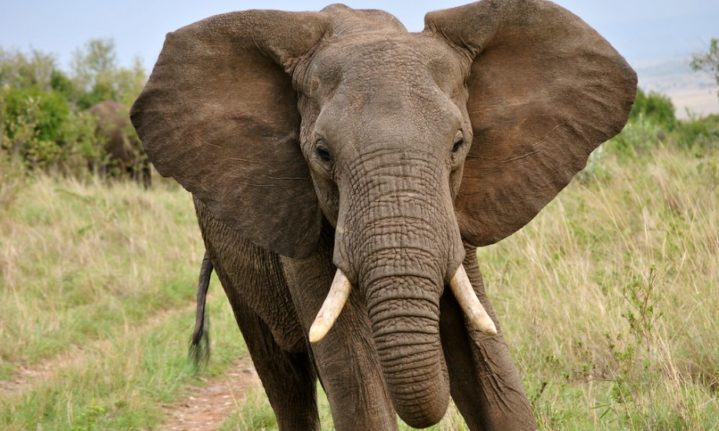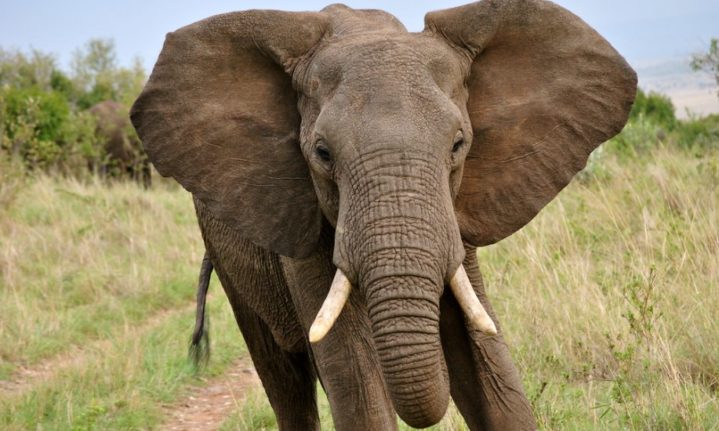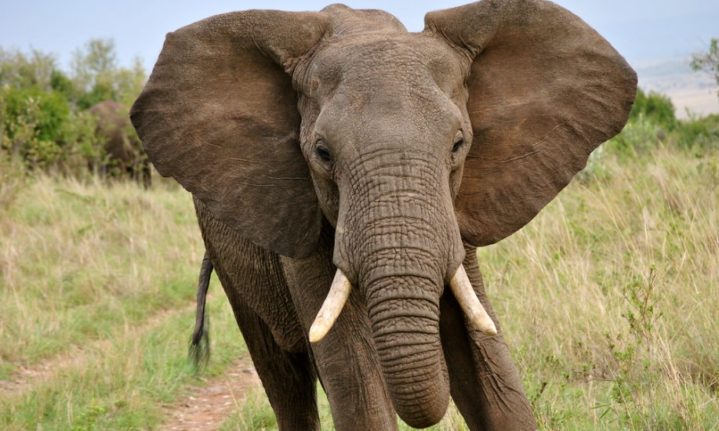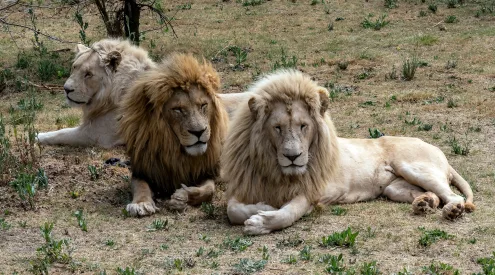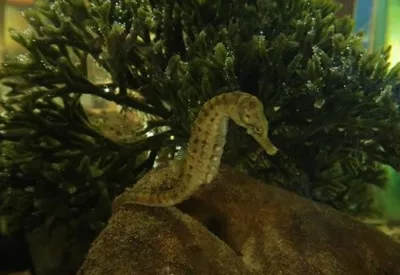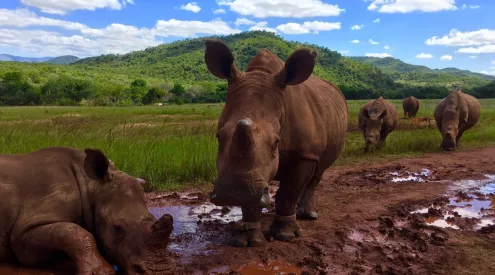After an adult elephant bull was found dead as a result of human tuberculosis (TB) in the Kruger National Park in 2016, a research project was launched in collaboration with Stellenbosch University. Since then, about 49 elephants in the region have been tested for the disease.
Another young bull elephant has been darted by Kruger Park scientists to test for TB during a South African National Parks (SanParks) media tour.
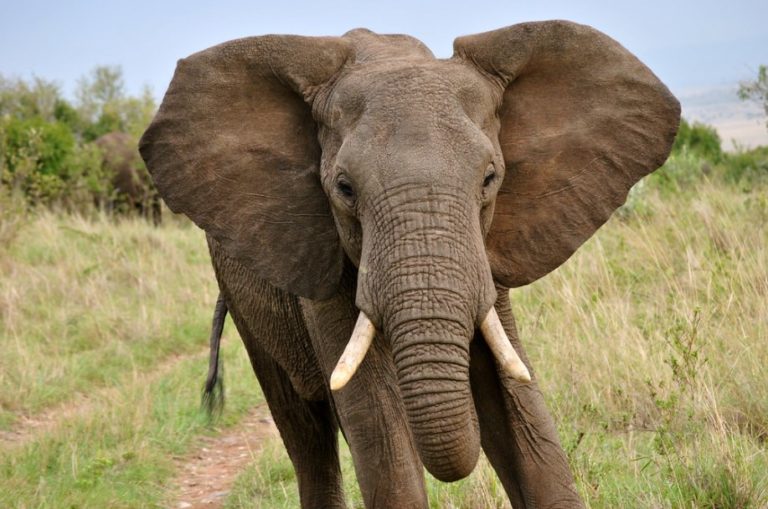
Picture: Flickr Commons/Brittany H
According to a report published by IOL, the veterinary manager at the Kruger National Park, Dr. Peter Buss said that the animals are being tested as frequently as possible. However, the number of elephants tested depends on the funds at hand.
The park has already used around R200 000 so far depending mostly on donated funds. Costs include fuelling a helicopter, a medical kit, and up to R5000 to immobilise one elephant.
Buss said, ‘What we’ve done here is immobilise the elephant and take a sample from its blood and lungs so we could analyse it to see whether or not the TB case of 2016 was a bigger problem than we originally thought it was among the elephants.’
Michele Miller, a Research Chair in Animal Tuberculosis (TB) at Stellenbosch University notes that it takes a long time for symptoms of a TB infection to show in elephants.
She states, ‘Elephants are like humans, sometimes it can take even a decade before the TB strain begins to show some signs of existence in them.’
Diagnostic tests are run on samples taken from the blood and lungs in order to determine whether or not the disease is present. Dr. Buss says that, unfortunately, elephants can not be treated in the case of a positive test.
‘The reason we can’t treat them is that if you consider how to treat a human with TB it takes anywhere from six to nine months to treat them with daily tablets so there is just no way to implement that treatment regime in a free ranging wild animal.’
It is not clear how the elephant contracted tuberculosis in 2016, but scientists guess that the elephant may have gotten out and gained access to food in nearby communities.
ALSO READ

